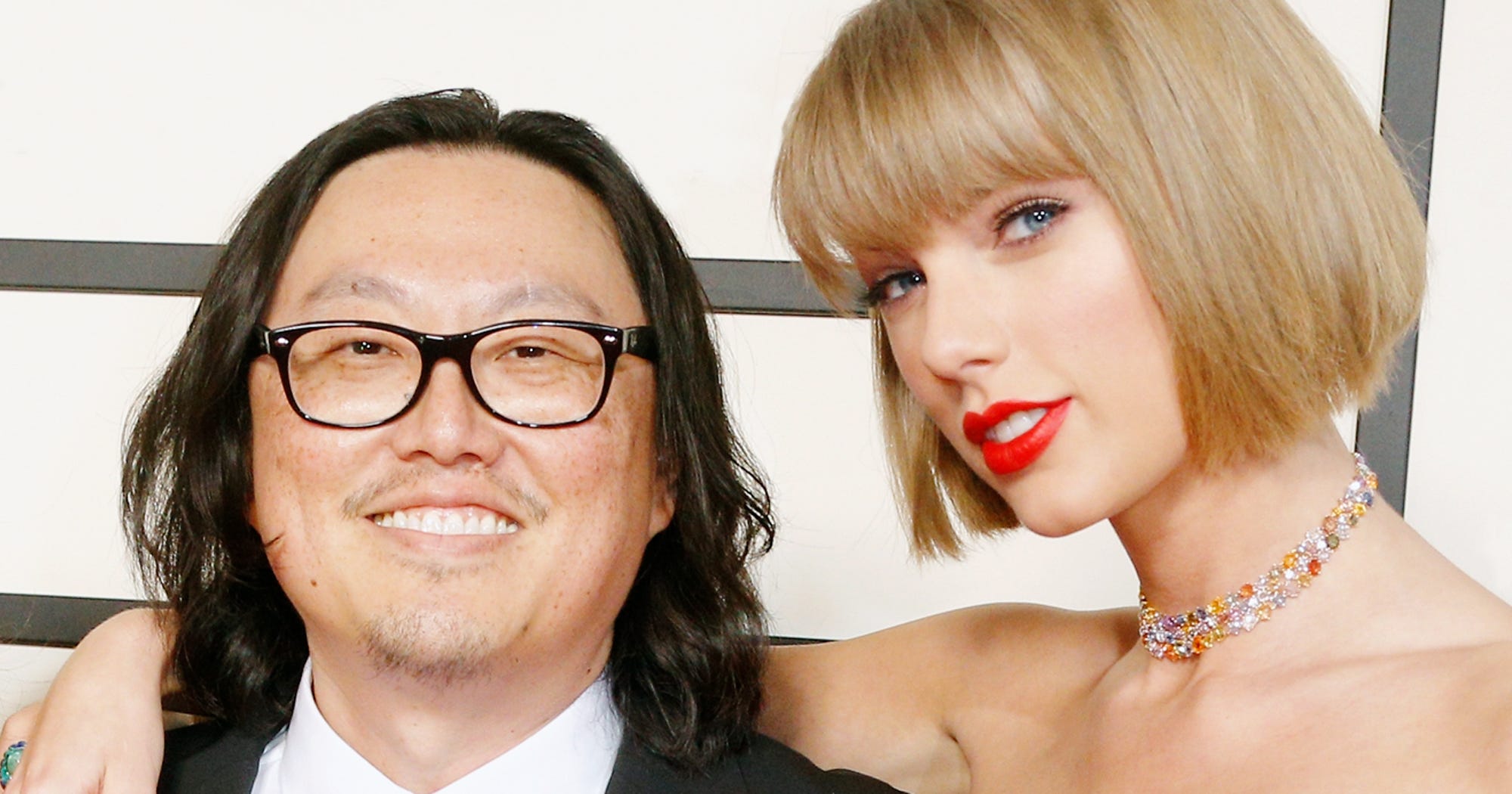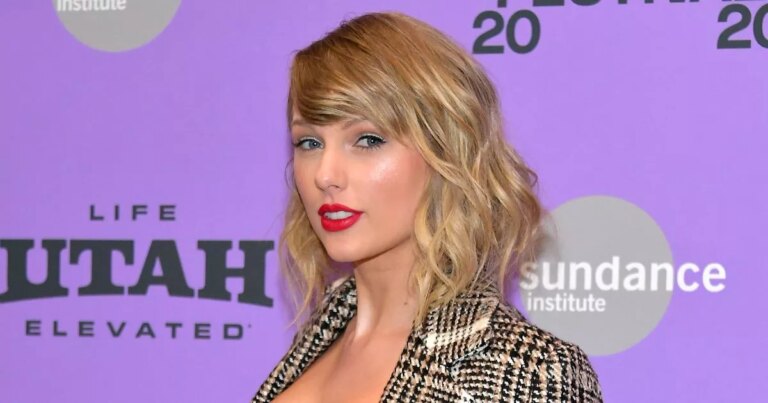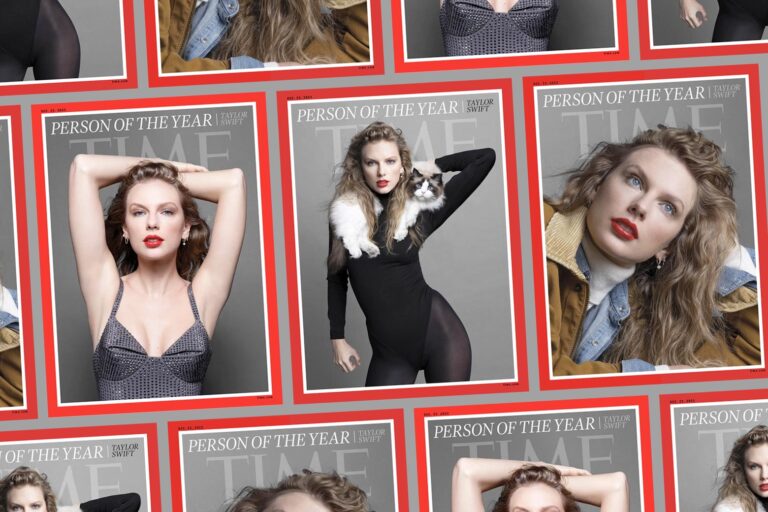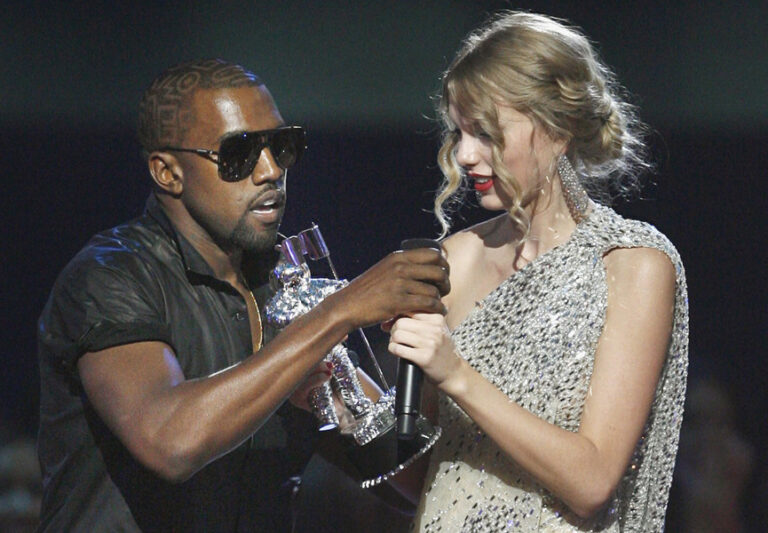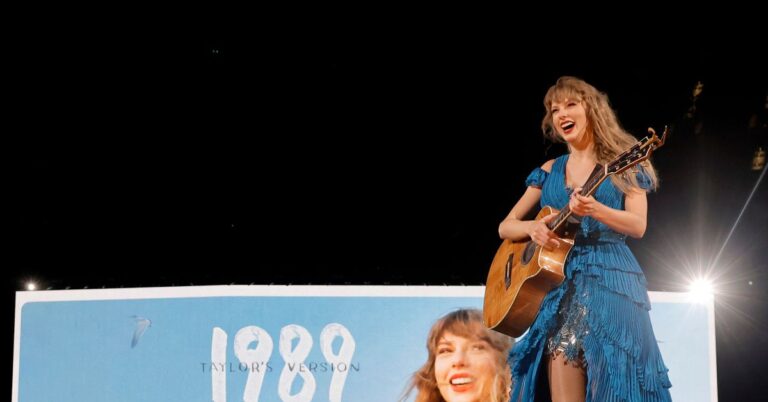Taylor Swift Exposes Sexism in ‘Look What You Made Me Do’ Director – Shocking Revelations Inside!
Today, we delve into the complex world of pop music and the female powerhouses that dominate the charts. When discussing the reigning queens of the music industry, names like Taylor Swift and Katy Perry are bound to come up. These two artists have been at the center of feuds, scandals, and drama that have captivated the public for years. But what exactly is it about these women that attracts so much attention?
One thing that stands out is the way in which female artists are often portrayed in the media. Taylor Swift, in particular, has been called everything from a sweetheart to a villain, with critics labeling her as “manipulative” and comparing her to the infamous Regina George from Mean Girls. But are these labels fair, or do they simply reflect society’s discomfort with powerful women?
It’s clear that Swift is at least somewhat in on the joke that she is, as Katy Perry puts it, really “a Regina George in sheep’s clothing.” Still, the notion of Swift being manipulative feels like a gendered dig at women who are in control of their own image. It’s worth asking whether a male star would ever be attached to that particular term.
When dissecting the narratives surrounding female artists, it becomes evident that they are often held to a higher standard than their male counterparts. While men in the industry are praised for being assertive and ambitious, women are criticized for being “difficult” or “manipulative.” This double standard is not only unfair but also perpetuates harmful stereotypes that limit women’s creative freedom.
Despite the challenges they face, female artists like Swift and Perry continue to break barriers and redefine the music industry. Their success is a testament to their talent, hard work, and resilience in the face of adversity. Instead of tearing them down, we should celebrate their achievements and recognize the importance of supporting women in the music business.
As fans, it’s crucial that we challenge the narratives that seek to diminish the accomplishments of female artists. By reframing the conversation and highlighting the strengths and talents of these women, we can create a more inclusive and empowering music industry for all artists.
In conclusion, it’s time to rethink the way we talk about female artists in the music industry. Let’s move beyond the tired stereotypes and prejudices that limit their potential and instead, embrace their creativity, passion, and unique perspectives. Together, we can build a more equitable and supportive environment for all musicians, regardless of gender.

